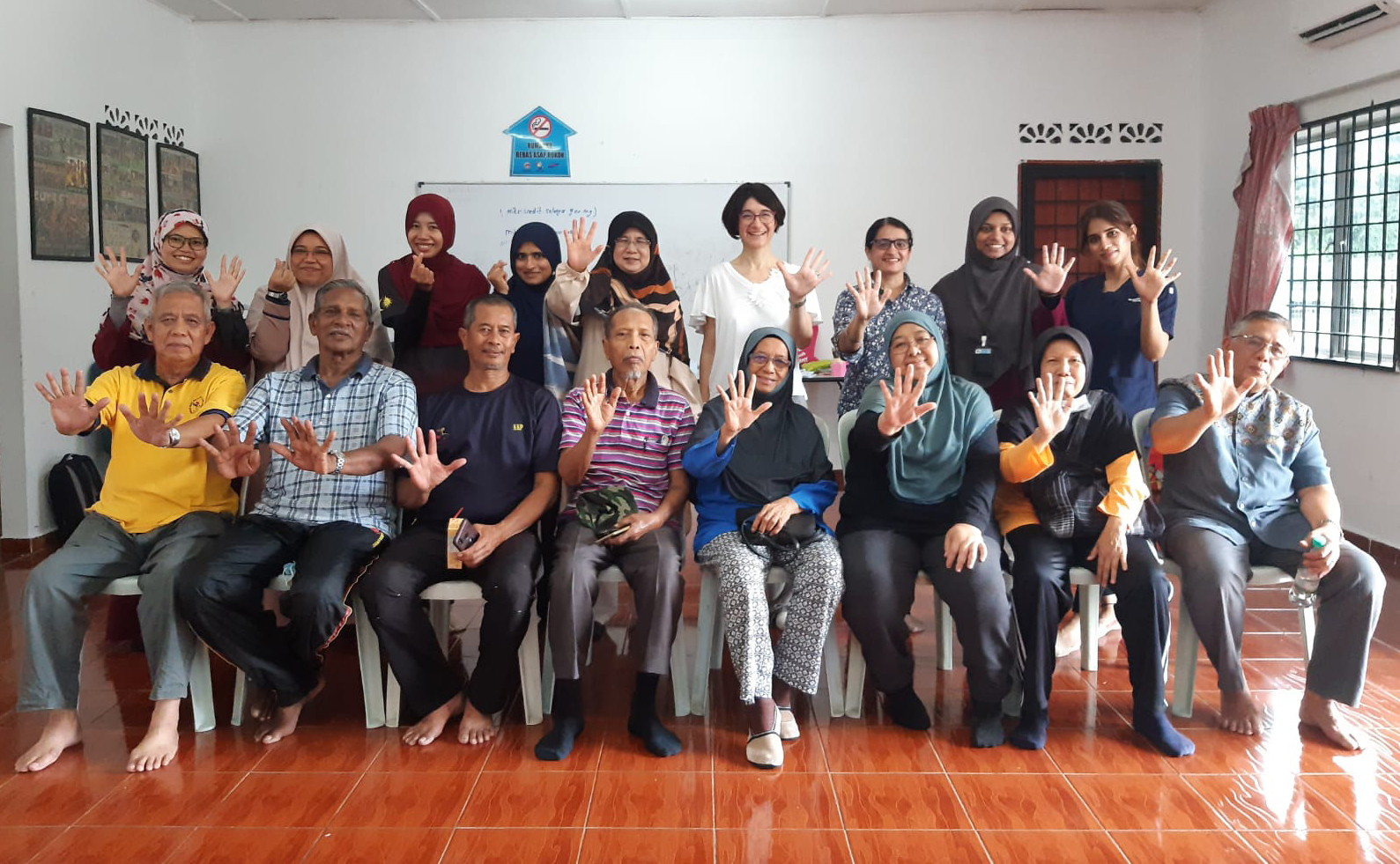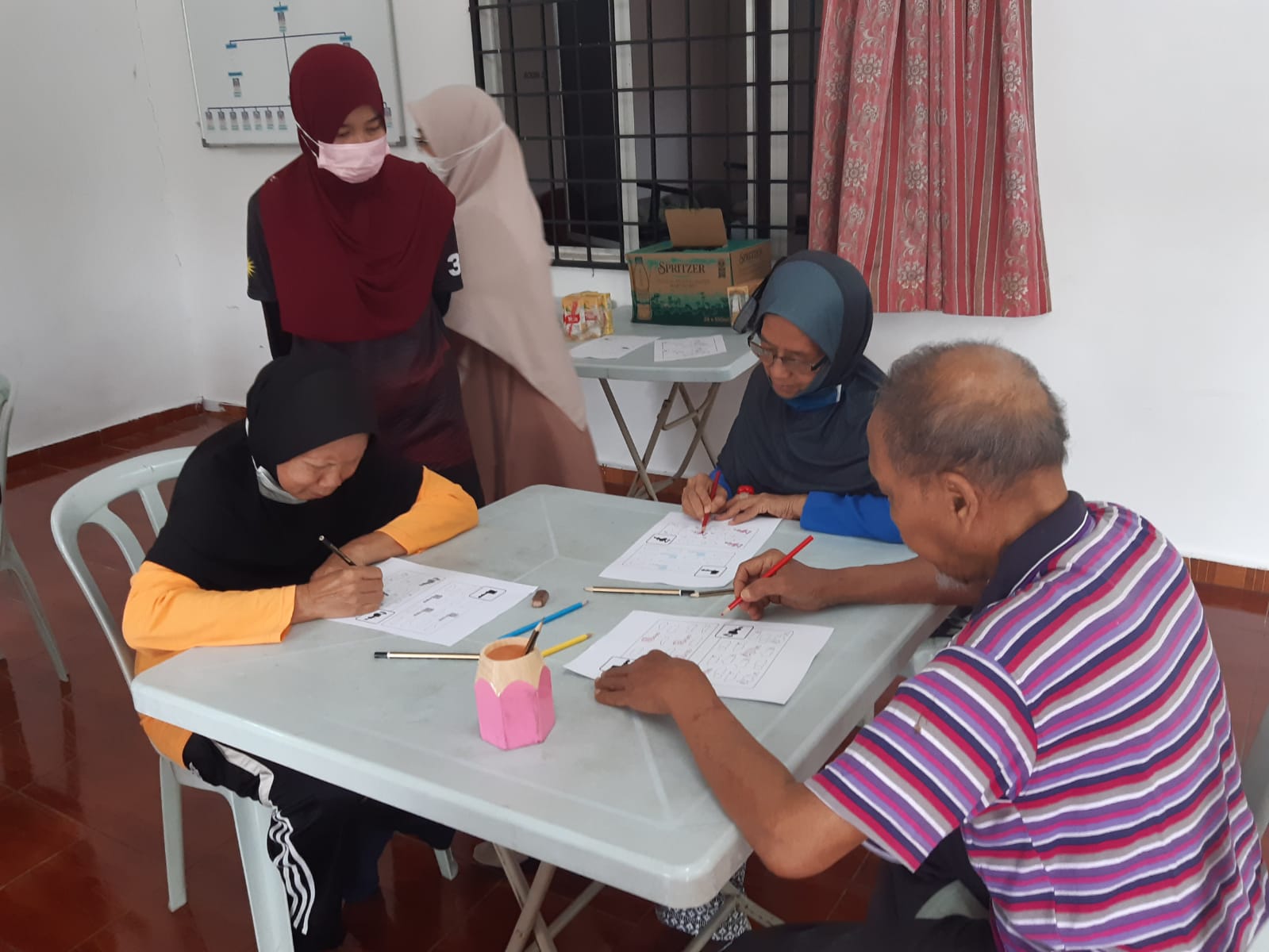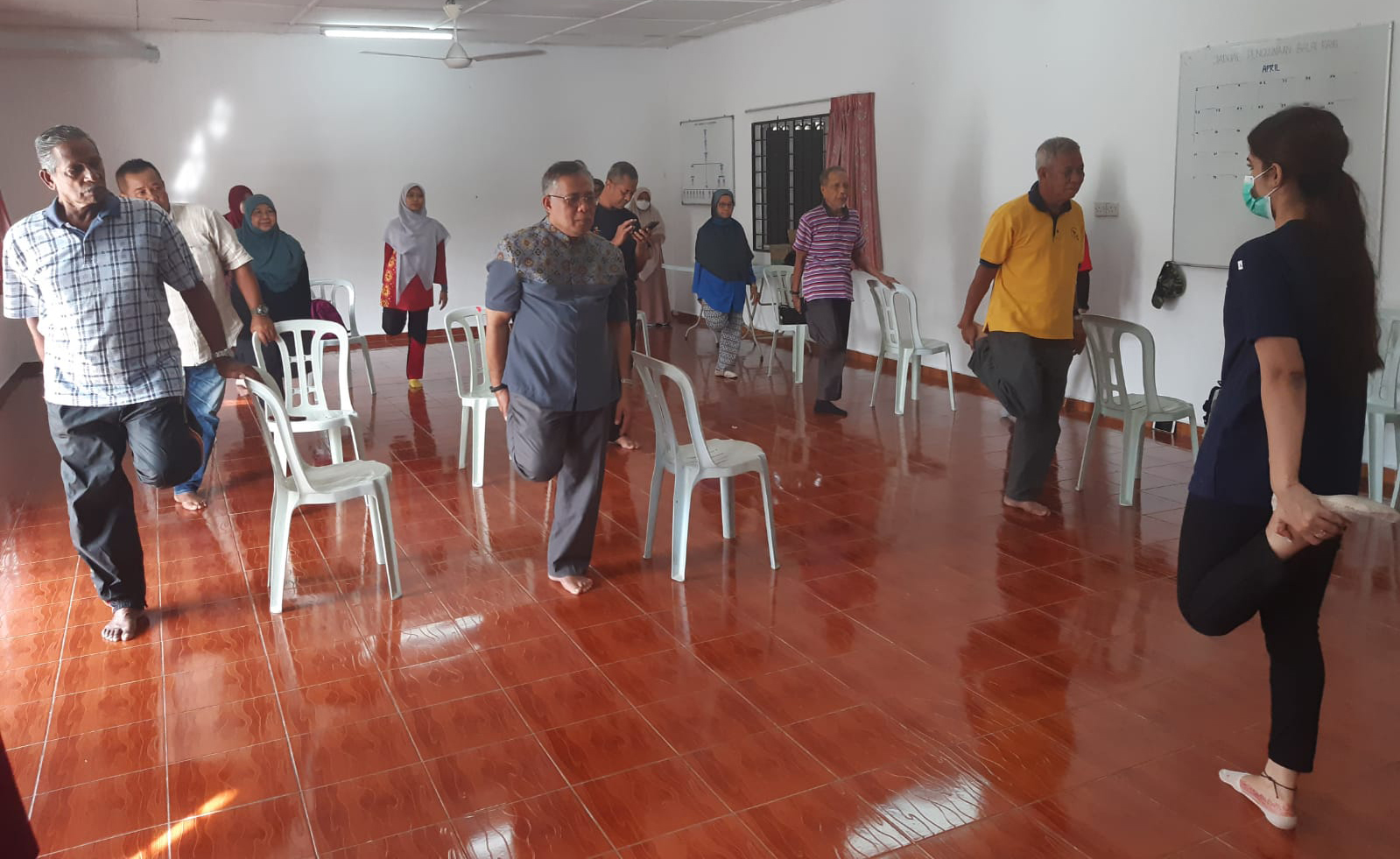Tthe Malaysian research team found that the intervention had significant positive impact on cognitive and physical function. Analyzing cost aspects, they could also conclude that lifestyle interventions have potential as a cost-efficient public health strategy in low and middle income countries (LMIC), where healthcare resources are often limited and there is a high prevalence of modifiable risk factors for dementia.
Many thanks to Prof. Dr. Suzana Shahar and her team for their dedicated work and expertise in this important project! This study marks a special milestone since it is the first WorldWideFINGERS trial to be completed in an LMIC.
Read the article in Alzheimer’s Research and Therapy:
The cost effectiveness of a multidomain intervention on physical, cognitive, vascular, dietary and psychosocial outcomes among community dwelling older adults with cognitive frailty in Malaysia: The AGELESS Trial
Universities, institutes, and hospitals involved:
Universiti Kebangsaan Malaysia
INTI International University-Malaysia
Universiti Malaya Medical Centre
Finnish Institute for Health and Welfare (THL)
Karolinska Institutet
Karolinska University Hospital




